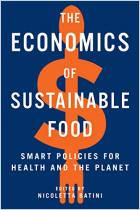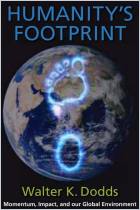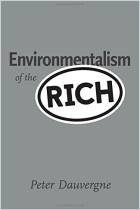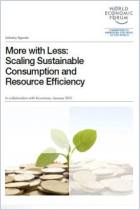
Recommendation
The sixth Global Environment Outlook report by the United Nations Environment Programme emphasizes that human health is inextricably linked to a healthy planet. Its academic, neutral tone doesn’t disguise the fact that the Earth is in danger and that urgent action must happen now to curb the worst – perhaps unsurvivable – effects of climate change and resource degradation. The report outlines what must be done – rapidly and globally.
Summary
About the Author
Founded in 1972, the UN Environment Programme is a division of the United Nations that coordinates the UN’s environmental activities and helps developing countries in implementing environmentally sound policies and practices.
Learners who read this summary also read
Book
Report
Book



















Comment on this summary or 开始讨论